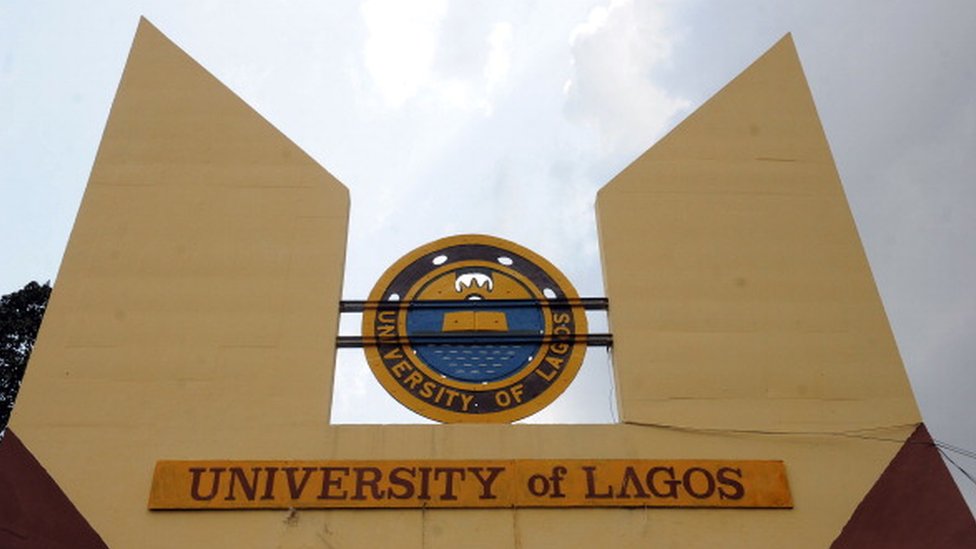The Director of Administration at the College of Medicine, University of Lagos (CMUL), Dr. Olayinka Obafemi-Moses, says arrangements have been concluded for the inauguration of the institution’s state-of-the-art research centre.
Obafemi-Moses, who also serves as the College Secretary, disclosed this at a news conference on Wednesday in Lagos ahead of the inauguration of the Sir Kesington Adebukunola Adebutu Research Centre.
He explained that the facility was conceived following the college’s Alumni engagement in 2019, during which businessman and philanthropist, Kesington Adebutu, generously donated ₦200 million to kick-start the project.
According to him, the comprehensive research centre is designed to support advanced animal and clinical research that will enhance health outcomes in Nigeria and beyond.
He added that the centre, which will be officially inaugurated on Monday at the college, will provide training for students in research methodologies, clinical trials, and animal and human studies.
Obafemi-Moses commended Adebutu for his generosity, noting that the inauguration will coincide with his 90th birthday celebration.
He said dignitaries expected at the event include Lagos State Governor Babajide Sanwo-Olu; the Coordinating Minister of Health and Social Welfare, Prof. Muhammad Ali Pate; and the Minister of State for Education, Dr. Tunji Alausa, among others.
“The four-storey facility was conceptualized in 2019 and will be officially unveiled on Monday,” he said.
“The ground floor will be dedicated to animal research; the second and third floors will house research laboratories, while there will also be seminar rooms, data rooms, and lecture halls.
“We need such a facility to train and guide our students effectively so they can compete globally.”
A researcher in the Department of Surgery, Prof. Adesoji Ademuyiwa, described the centre as a “one-stop provision for research support.”
He said the ultramodern building — the first of its kind in Nigeria — would attract scholars from across the world.
“The facility is well-equipped to enhance both basic animal and human clinical research. Research is about creating new knowledge, and when we generate knowledge, we can teach it to students. It’s a continuous circle,” he said.
Another researcher from the Department of Physiology, Prof. Ahmed Oloyo, said the project would have a multiplier effect by enhancing learning, training, and capacity development.
Oloyo noted that the centre would help curb the “Japa syndrome” by providing world-class research opportunities that encourage health practitioners to remain and work in Nigeria.
“This centre will provide human capacity development, which is greatly needed. Some of the research projects will attract international funding and collaborations, putting Nigeria on the global research map,” he said.


